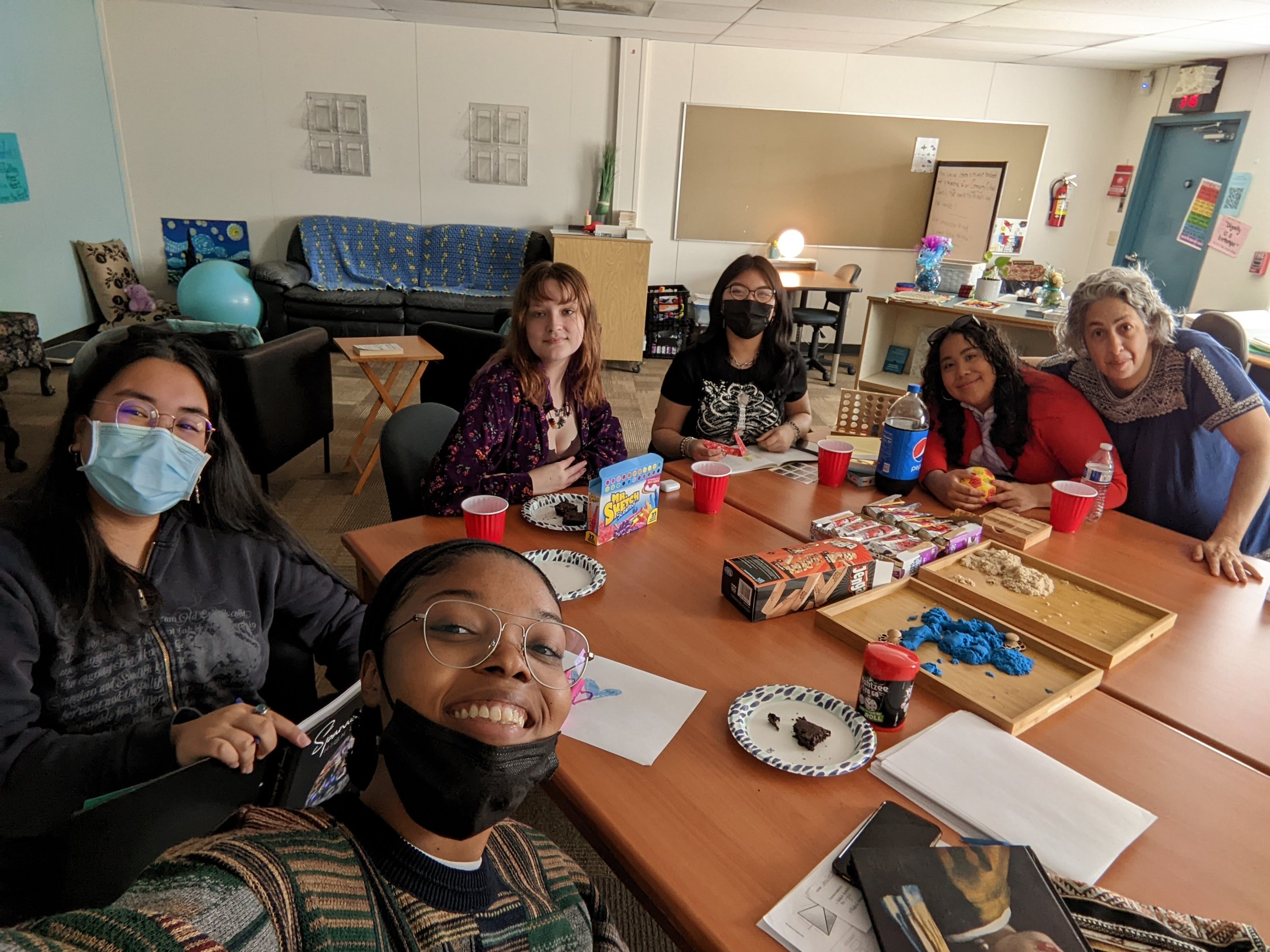Restorative Practices (RP) is a powerful tool for building trust, repairing relationships, and fostering inclusive communities through connection and open communication.
In schools, RP replaces punitive approaches with collaborative solutions, addressing behavior at its roots and cultivating skills like emotional intelligence and resilience. This promotes engagement, reduces disciplinary issues, and strengthens community bonds.
Beyond education, RP helps Leaders create trust-based cultures, resolve conflicts through dialogue, and renew commitments, enhancing teamwork and organizational success.
Karina’s Journey: Where Connection Meets Transformation
Karina is a visionary leader with a dual master’s degree in Education, Social Justice, and Restorative Practices. As a first-generation immigrant, she brings a unique perspective to her work, driving transformative change in education by partnering with school communities to close opportunity gaps and foster equity.
Her personal journey as an immigrant fuels her dedication to cultivating authentic relationships and championing culturally responsive practices. Through this lens, Karina addresses conflict, promotes understanding, and improves student outcomes, ensuring that all students have the opportunity to succeed.
At Lincoln High School, she redefined success for marginalized students, and now at Spanaway Lake High School, she leads the charge in restorative practices. Karina’s workshops on equity, historical harm, and restorative solutions promote trauma-informed, social-emotional growth in education. Her unwavering commitment to staff well-being and collaborative work environments ensures sustainable, positive change for students and educators alike.
“Achieving educational equity requires more than just ensuring that all students have access to the same opportunities; it requires creating the conditions for all students to succeed.”
Educational equity ensures that all students, regardless of background, have access to the resources and support they need to succeed. Integrating Restorative Practices (RP) into daily school routines helps schools address systemic barriers, creating a culture of inclusion and accountability.
RP shifts discipline from punitive actions to collaborative solutions, promoting empathy, understanding, and shared responsibility among students, staff, and families. By addressing the root causes of inequity, RP helps dismantle systemic biases and fosters stronger relationships. According to CASEL, schools using restorative practices see better student-teacher relationships, reduced disciplinary disparities, and increased engagement, leading to more equitable outcomes and a transformative school culture.
“I am no longer accepting the things I cannot change. I am changing the things I cannot accept.”

Empowering Student Leadership: Reimagining School Culture Through Restorative Practices
Restorative Practice intentionally invites and empowers students to reimagine their school culture, working together to repair relationships, increase their voice and joy in the learning journey, and strengthen their agency and advocacy.
Contact Karina
karina@cultivateourfuture.com
Resources
-
Description text goes here
-
Description text goes here
-
Item description
-
Description text goes here









